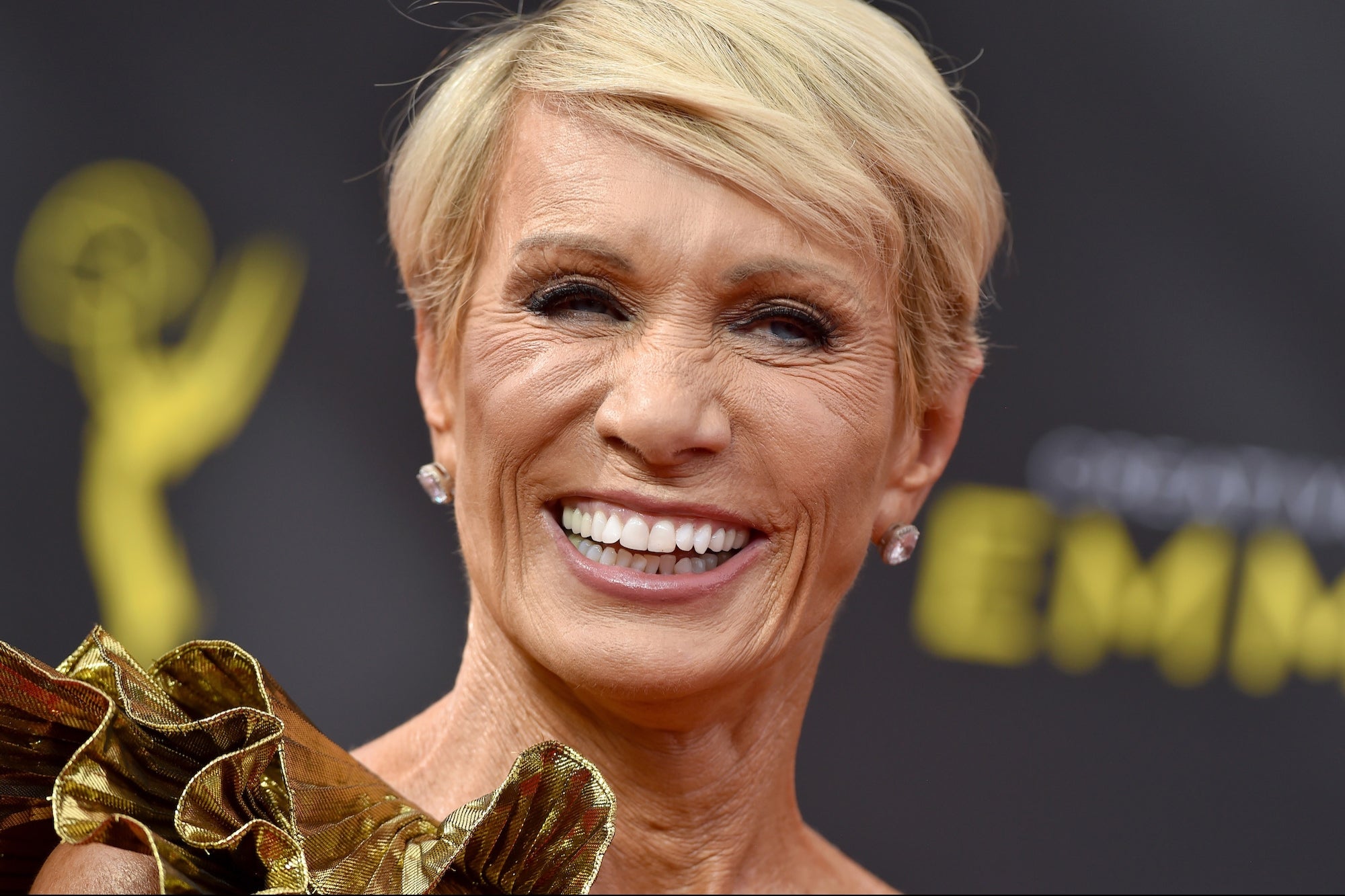The Billion-Dollar Shipping Empires financing Putin's War Efforts Recently, the widow of the legendary Russian opposition figure Alexei Navalny addressed the European Parliament saying, 'If you really want to defeat Putin, you have to become an innovator'.
By William Ballard •
Opinions expressed by Entrepreneur contributors are their own.
You're reading Entrepreneur Asia Pacific, an international franchise of Entrepreneur Media.

Recently, the widow of the legendary Russian opposition figure Alexei Navalny addressed the European Parliament saying, 'If you really want to defeat Putin, you have to become an innovator'.
Two years have passed since Russia invaded Ukraine, during which time the West has predominantly upheld political and military support to Kyiv. At the beginning of February this year, the European Union innovated with a substantial €50 billion package of grants and loans to help keep Ukraine's government running, pay salaries and pensions, and provide basic public services, as it continues its fight against Russian aggression.
However, the EU has fallen short of its objective to dispatch one million shells by March 2024, while its diplomats continue to haggle over plans for a new €5bn top-up to the European Peace Facility to buy more weapons for Kyiv.
NATO is also struggling to get Ukraine what it needs, having announced that 12 European member states are expected to fail to meet the alliance's annual goal of allocating a minimum of 2% of their GDP towards defence.
In short, the West's ability to support Ukraine for 'as long as it takes' is looking increasingly doubtful to the rest of the world. The US Congress is handwringing over further aid, and nations in the EU are finding themselves grappling with the challenge of stepping up their military production capabilities to yield tangible impacts on the battlefield.
Compounding these political and economic limitations are the activities of a suite of European companies that have provided critical support to Putin's war effort.
Indeed, for approximately eighteen months following the first sanctions against the Kremlin, European ships continued to facilitate the export of vast quantities of fossil fuels from Russia, providing crucial financial resources for its war in Ukraine.
Amongst these firms, George Economou's billion-dollar shipping empire - which includes TMS Group, Dry Ships, and Performance Shipping - looks to have benefited most from its work for the Russian oil industry, becoming the second largest carrier of Russian oil.
Ships owned by Economou made over 200 maritime journeys from Russian ports between February 2022 and 2023, resulting in profits ranging from $4 million to $5 million per 60-day journey. In April 2022 alone, data compiled by Lloyd's List indicates that ships owned by the Greek entrepreneur transported 1.9 million tonnes of oil from four Russian ports.
With Economou seeming to have filled the pockets of a regime that has now declared itself technically ready for nuclear war, it came as no surprise when Ukraine's National Agency on Corruption Prevention named his TMS Group as a 'sponsor of war'.
TMS appears to have mastered the art of walking the tightrope between profit and principle. While never outrightly denying its gains at Ukraine's expense, the firm stated (somewhat ambiguously) that its tankers never violated Western sanctions. Tangible evidence to support this claim remains as elusive as a ship in the fog.
Similarly, ships controlled by Minerva Marine, which is owned by another tycoon, Andreas Martinos, and his family, have also played an active role in the Russian market, sustaining the revenues that feed the war.
Revelations that European firms have worked against the continent's interests make for painful reading and there has certainly been little in the way of legal challenges against individuals most guilty of collaborating in the Kremlin's war effort.
More broadly, the recent crises in the US and Europe have illustrated the dangers of the current approach to supporting Ukraine, where funding is contingent upon electoral cycles, the grievances of political parties and the possibility of leadership changes across the West.
To rectify these imbalances, the United States and Europe must reaffirm their long-term, sustained backing of Ukraine, and work harder to hold to account those parties that seem to have undermined the anti-Putin alliance from within.










